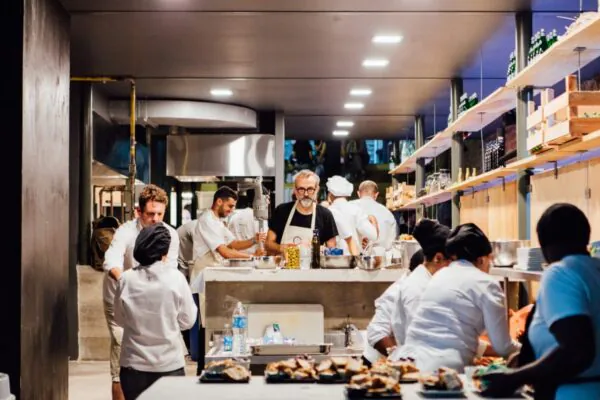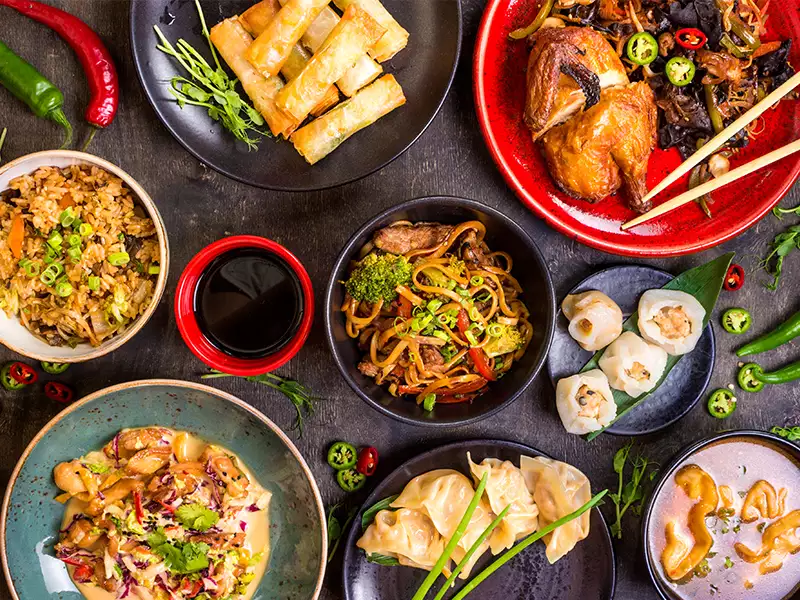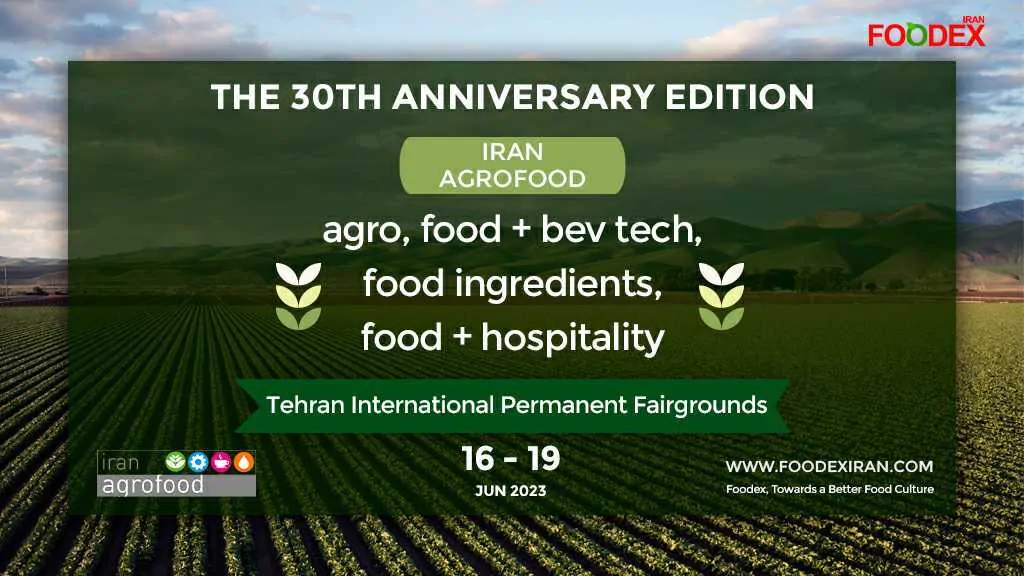Certainly! The food industry has produced numerous success stories from visionary leaders who have significantly contributed to the field. Here are a few examples:
Ray Kroc – McDonald’s
Ray Kroc transformed the McDonald’s restaurant chain from a single location into a global phenomenon. He saw the potential in the fast-food concept developed by the McDonald brothers and acquired franchise rights in 1954. Kroc’s standardizing operations, franchising, and marketing innovations helped McDonald’s become one of the most recognizable brands worldwide.
Howard Schultz – Starbucks
Howard Schultz was crucial in transforming Starbucks from a small coffee retailer into an international coffeehouse chain. After joining Starbucks in 1982, Schultz envisioned a larger concept centered around creating a unique coffeehouse experience. He expanded the company’s operations, introduced new products, and emphasized customer service, making Starbucks a global icon of premium coffee.
Steve Ells – Chipotle Mexican Grill
Steve Ells founded Chipotle Mexican Grill in 1993 to create a fast-casual restaurant that served high-quality, customizable burritos. Through his commitment to sustainable sourcing, fresh ingredients, and a focus on simple menu offerings, Ells built Chipotle into a major player in the fast-food industry, known for its “food with integrity” approach.
Yvon Chouinard – Patagonia
Yvon Chouinard founded Patagonia, an outdoor clothing and gear company. Chouinard’s commitment to environmental sustainability and social responsibility has been integral to Patagonia’s success. Under his leadership, the company has embraced eco-friendly practices, engaged in activism, and encouraged consumers to reduce their environmental impact. Patagonia’s emphasis on quality products and ethical business practices has resonated with consumers globally.
Indra Nooyi – PepsiCo
Indra Nooyi served as the CEO of PepsiCo from 2006 to 2018, becoming one of the most influential women in the food and beverage industry. During her tenure, Nooyi guided PepsiCo’s expansion into healthier products, such as snacks with reduced salt and sugar content. She also focused on sustainable practices and championed diversity and inclusion within the company.
These leaders have significantly impacted the food industry through their innovative thinking, commitment to quality, and ability to adapt to changing consumer preferences. Their success stories inspire aspiring entrepreneurs and demonstrate the transformative power of strong leadership in the food industry.
What are some successful food brands?
There are numerous successful food brands across various categories. Here are a few examples of well-known and successful food brands:
Coca-Cola
Coca-Cola is one of the worlds most recognizable and successful beverage brands. Known for its signature cola drink, Coca-Cola has expanded its product line to include various carbonated beverages, juices, sports drinks, and more.
Nestlé
Nestlé is a multinational food and beverage company known for its wide range of products, including chocolate, coffee, bottled water, dairy products, and pet food. Nestlé owns numerous popular brands, such as KitKat, Nescafé, Maggi, and Purina.
Kellogg’s
Kellogg’s is a leading brand in the breakfast cereal industry. The company offers various popular cereals, including Corn Flakes, Frosted Flakes, Special K, and Rice Krispies. Kellogg’s has expanded its product line to include snack bars, crackers, and other convenience foods.
Oreo
Oreo, owned by Mondelēz International, is a successful and iconic cookie brand. Known for its sandwich cookies with a creamy filling, Oreo has a strong global presence and a wide variety of flavors and product extensions.
Ben & Jerry’s
Ben & Jerry’s is a well-known ice cream brand that gained popularity for its unique and creative flavors. The company focuses on using high-quality ingredients and promoting social and environmental causes. Ben & Jerry’s has become synonymous with premium ice cream with flavors like Cherry Garcia and Chunky Monkey.
Heinz
Heinz is a prominent brand in the condiment and food processing industry. Famous for its ketchup, Heinz offers a wide range of products, including sauces, salad dressings, frozen foods, and canned goods.
Subway
Subway is a global fast-food chain specializing in submarine sandwiches and salads. Known for its made-to-order sandwiches and fresh ingredients, Subway has established a vast network of locations worldwide.
Starbucks
Starbucks is a renowned coffeehouse chain synonymous with premium coffee and a distinctive café experience. Starbucks offers various coffee beverages, teas, baked goods, and snacks.
These are just a few examples of successful food brands, but there are many more thriving brands in the food industry, each with unique stories and offerings.
What has been the strategy of successful food brands?
Successful food brands often employ strategies to establish their presence, attract customers, and maintain a competitive edge in the market. Here are some common strategies that many successful food brands utilize:
Product Differentiation
Successful food brands focus on creating unique products that stand out from competitors. They may offer innovative flavors and premium ingredients or cater to specific dietary preferences or needs. Product differentiation helps brands capture consumer attention and build a loyal customer base.
Branding and Marketing
Effective branding and marketing play a crucial role in the success of food brands. They create a strong brand identity, build brand awareness, and connect with target consumers. Successful brands invest in advertising, social media presence, packaging design, and other marketing efforts to engage and resonate with their target audience.
Quality and Consistency
Maintaining high product quality and consistency is vital for building trust and loyalty. Successful food brands prioritize quality control, sourcing the best ingredients, and adhering to strict production standards. Consistency across their product line helps customers trust that they will receive the same quality experience every time they purchase.
Customer Experience
Delivering exceptional customer experiences is a key strategy for successful food brands. It includes friendly and attentive service, clean and inviting environments (for restaurants and cafes), convenient and user-friendly online ordering platforms, and prompt responses to customer feedback or complaints.
Innovation and Adaptability
Successful food brands stay ahead of market trends by embracing innovation and adapting to changing consumer preferences. They introduce new products, flavors, or menu options to cater to evolving tastes and dietary needs. Brands that stay agile and responsive to consumer demands are more likely to succeed in a dynamic industry.
Sustainability and Social Responsibility
Many successful food brands recognize the importance of sustainability and social responsibility. They integrate environmentally friendly practices into their operations, source ingredients ethically, support local communities, and engage in charitable initiatives. This approach resonates with conscious consumers who value brands that align with their values.
Expansion and Distribution
Scaling and expanding into new markets is often a strategy successful food brands employ. They establish a robust distribution network, explore franchise opportunities, or partner with retailers to extend their reach. Expanding geographically allows brands to tap into new customer segments and increase market share.
It’s important to note that the specific strategies employed by food brands may vary based on their target market, product offerings, and overall business objectives. Successful brands continuously evaluate their strategies, adapt to market dynamics, and prioritize customer satisfaction to maintain their competitive edge.

























